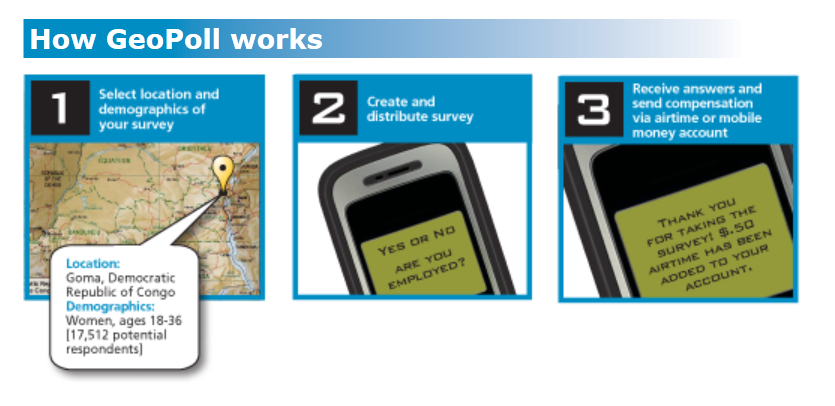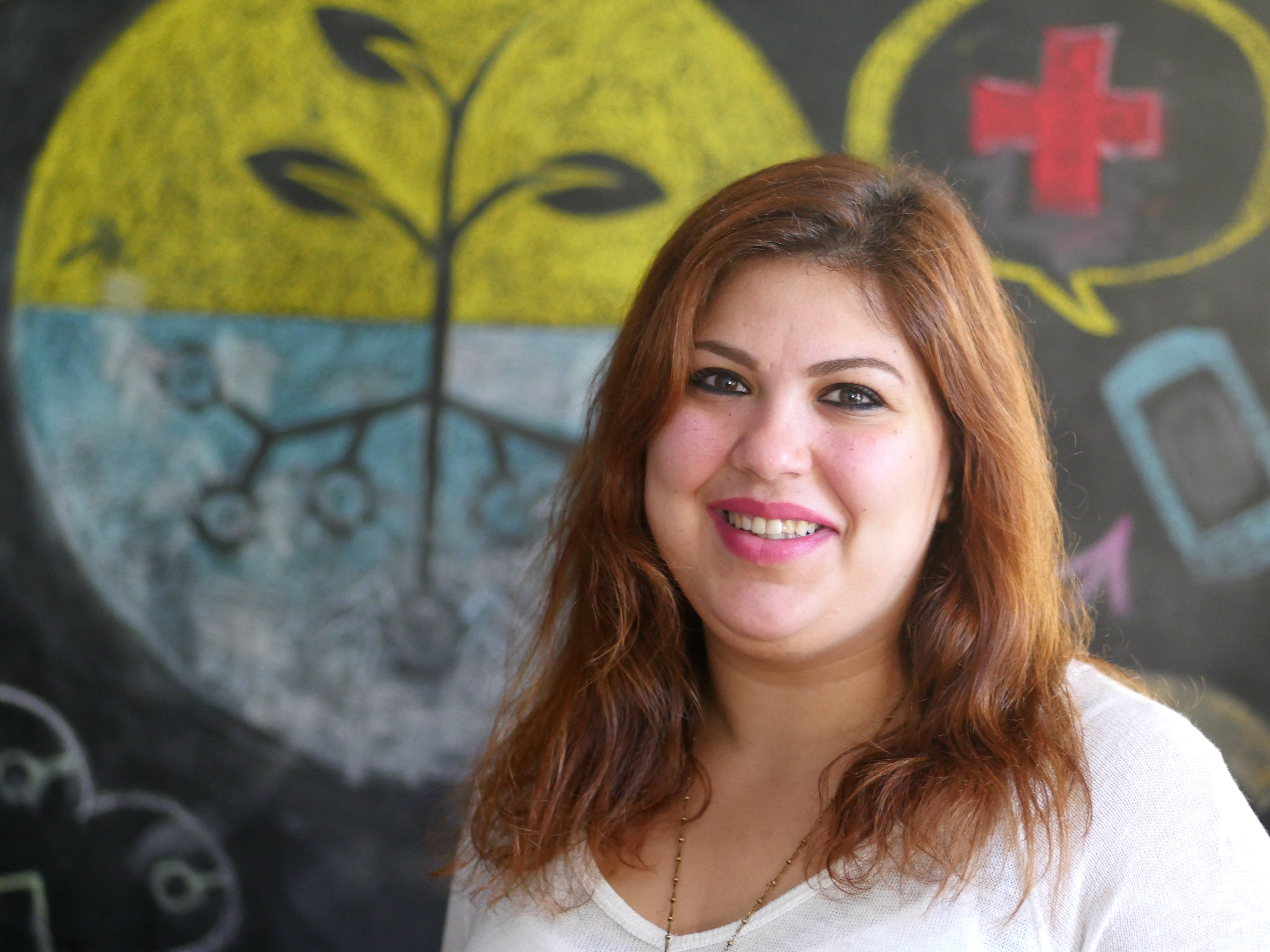We’re excited to announce that GeoPoll will be running a live mobile SMS poll in Tunisia for our upcoming course Mobiles for International Development!
GeoPoll will create a pilot survey that leverages the experience of its 70 mobile health professionals around the world in TC105 to explore how Tunisian civil society organizations can better leverage mobile technology in mobile health, finance, and education.
GeoPoll is currently working with civil society organizations such as I Watch to conduct a five month 15,000-respondent a month survey on issues of democracy and perceptions related to the political transition. Other recent initiatives in Tunisia include a general health survey to better understand 2,000 Tunisians’ access to health facilities. In a variation to a typical survey, the day before the first election post the Ben Ali regime, NDI used the GeoPoll platform to conduct a nationwide voter education campaign. The effort educated people ages 18-70 through “Do you know…? “ style surveys on the elections that were happening the next day. The survey reached over 3,000 Tunisians in all 24 Governorates, educating them on key issues such as their political rights and where to vote.
Students will submit questions by Friday, April 6, after which they will be translated into French and asked to 300 respondents around Tunisia in the following week. Although the poll will be small in relation to other surveys, it will help GeoPoll better understand areas of interest to mobile technology professionals.
All relevant data will be released at the end of the class to inform mobile phone programming in Tunisia and around the world.
This isn’t our first experience with GeoPoll. We’ve also run them for our course in Pakistan where we integrated results from the DRC with Ushahidi to have students do their own CrowdMap simulation in DRC. You can read more about it in this IREX blog post.
But, we don’t believe that the only true purpose for GeoPoll is classroom simulations. Learning what audiences think in areas of the world where traditional polling methods are often expensive and slow (if even possible) by reaching them instantly on their mobile phones has tremendous implications. We’re also working with various partners to look at how GeoPoll can be used in fragile states like Yemen and Afghanistan, which we’ll be featuring in our upcoming course on Technology for Conflict Management and Prevention.


